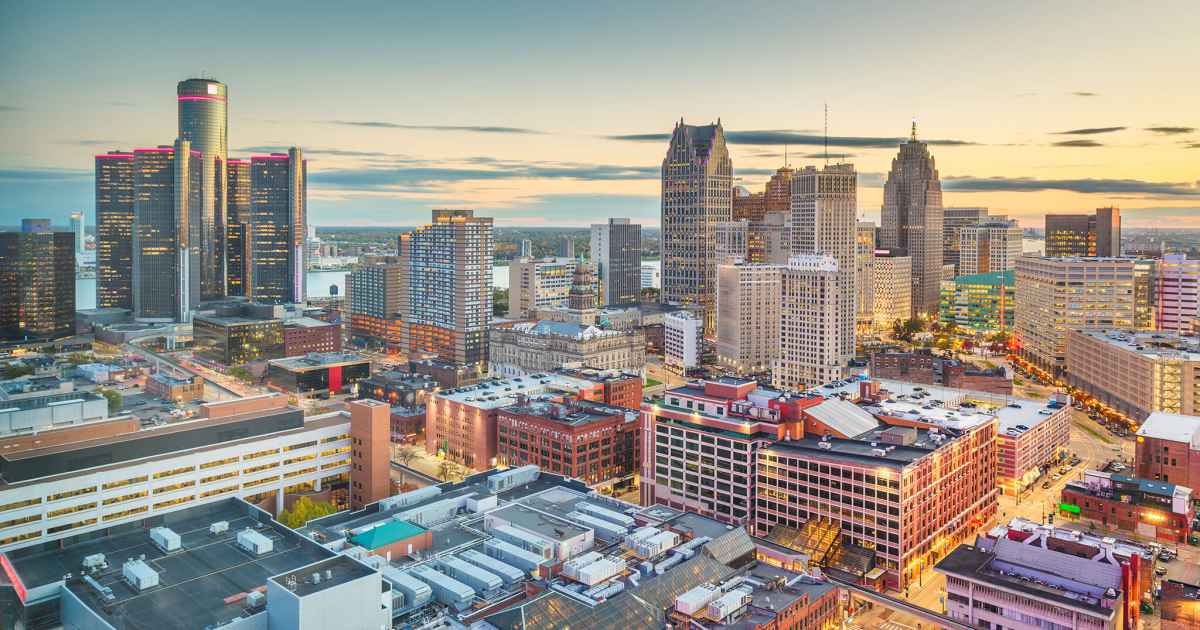No products in the cart.
Fitness Tips
Why You Shouldn’t Listen to ‘Happiest Cities’ Lists
In search of geographic joy? Consulting firms who think they have the answers take the wrong approach in compiled ‘happiest cities’ lists. Happiness is a journey, not a place with great bars, cool bike trails and low divorce rates. But don’t tell that to the consulting firms that annually spew out lists of best places to live. According to a recent study, that place is Overland Park, KS. Or Columbia, MD. Or Ron Burgundy’s San Diego.
These are among the top entries on the 2022 Happiest Cities in America list from web-based finance company WalletHub. Financial news site 24/7 Wall Street recently put out its own 50 happiest U.S. cities list. Curiously, most of the top-placing towns from the WalletHub rankings didn’t make the cut—San Diego aside. Wellness company Mindbody ranked Detroit as the 10th happiest city in America—WalletHub placed it dead last at #182.
Methodologies for calculating happy cities generally involve compilations of community statistics—air quality, nightlife, schools—“scientifically” pinpointing where you stand the best chance of living your best life.
“It’s complicated,” says Reeshad Dalal, professor of psychology at George Mason University. “It’s important to understand there’s a lot more variability in happiness within any given city than between cities.”
Stats or not, happiness rankings are pretty arbitrary. Overhauling your contentment isn’t as easy as relocating to any of the five wealthy California towns (duh) that hog WalletHub’s top 10 spots. Even if you could.
“Affluence matters, but its effects are complex,” says Dalal. “As one’s income rises, people tend to keep comparing themselves to wealthier people.”
WalletHub annually updates its methodology to reflect lifestyle trends. “California cities tend to rank near the top, while cities such as Detroit, Cleveland or Birmingham are among the bottom ones,” says Jill Gonzalez, a company analyst.
Should it bum you out if your city lands at #174 on someone’s happy chart? Or put an extra bounce in your step to find you’re living in #3? Probably not.
“The more we try to find happiness, the more we suffer,” writes Russ Harris, author of The Happiness Trap. “This psychological trap is so well hidden, we don’t have a clue that we’re caught in it.”
Probably even in San Diego.
For access to exclusive gear videos, celebrity interviews, and more, subscribe on YouTube!
Source link

